News and features
Read the latest news and features about our world-leading research, discoveries, fundraising and philanthropy. If you want to keep updated on our news, you can follow us on social media or sign up for our Search newsletter.
If you’re a journalist and want to find out more, you can contact our media relations team.

ESMO 2020: Breast cancer drug set to transform prostate cancer treatment
A drug used to treat breast and ovarian cancer can extend the lives of some men with prostate cancer and should become a new standard treatment for the disease, concludes a major trial which is set to change clinical practice.

ESMO 2020: Step forward in treatment for patients with newly diagnosed advanced ovarian cancer
Almost half of patients who received a targeted drug during treatment for newly diagnosed BRCA-mutated advanced ovarian cancer remain disease free after five years, according to a study led by The Royal Marsden NHS Foundation Trust.
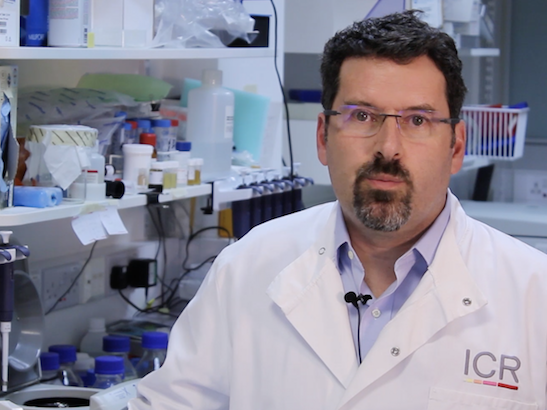
Bringing precision medicine to children with cancer
Professor Louis Chesler is Head of the new Centre for Paediatric Experimental Medicine at the ICR – and leads an ambitious team of researchers who are investigating new targeted treatments that could make a real difference for children with cancer.
-content.tmb-hbmobile.jpg?Culture=en&sfvrsn=fec93f9d_2)
Combining two precision medicines can treat drug-resistant cancers
Launching a dual-pronged attack on tumours using a combination of two innovative precision medicines could treat patients with multiple common cancers, a new clinical trial shows.
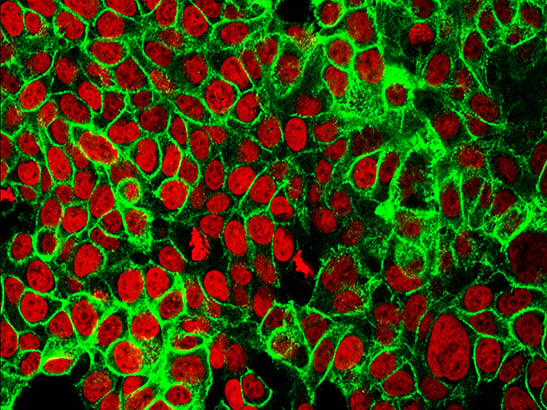
Mathematical model maps out 'arms race' between cancer and immune system and predicts effectiveness of immunotherapy
Researchers have created a mathematical model that can determine the impact of the immune system on tumour evolution.

Major ‘plasmaMATCH’ trial uses blood test to match women with breast cancer to range of precision treatments
A blood test that can identify a variety of mutations in advanced breast cancer can reliably match women to effective targeted treatments, early results of a major clinical trial reveal.
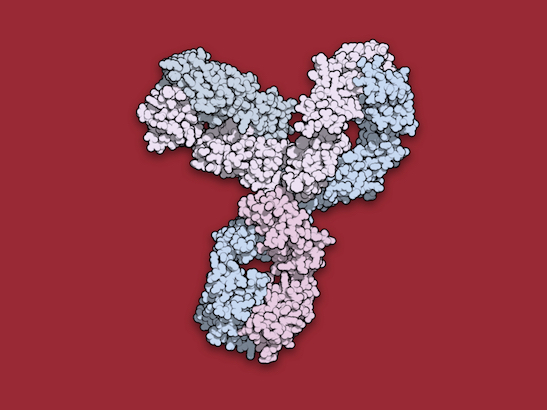
ICR welcomes approval of immunotherapy for head and neck cancer in Scotland but warns of ‘home nations lottery’
The ICR has welcomed the approval by the Scottish Medicines Consortium (SMC) of the immunotherapy, pembrolizumab, as a first-line NHS treatment for some patients with head and neck cancer.
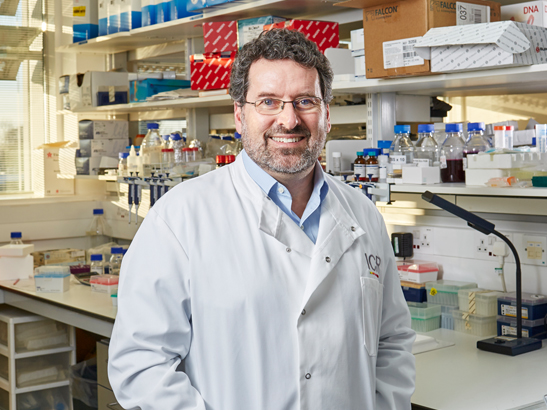
Children and young people with cancer who have relapsed can get rapid access to new treatments thanks to new clinical trial
Children and young people in the UK with cancers that have come back can now access new personalised treatments quicker than ever before thanks to a national tumour biopsy sequencing platform and clinical trial.
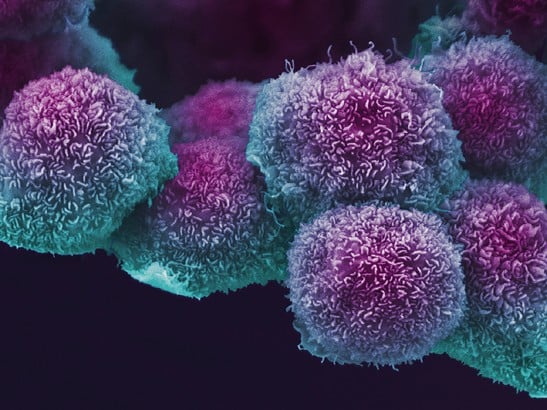
Hard-to-treat pancreatic cancer hijacks immune system and could be targeted with immunotherapies
Scientists have used artificial intelligence to reveal an aggressive form of pancreatic cancer that is more likely to respond to immunotherapy, in the most extensive analysis of the immune landscape of these tumours to date.

Teaching evolutionary theory to artificial intelligence reveals cancer’s life history
Scientists have developed the most accurate computing method to date to reconstruct the patchwork of genetic faults within tumours and their history during disease development.
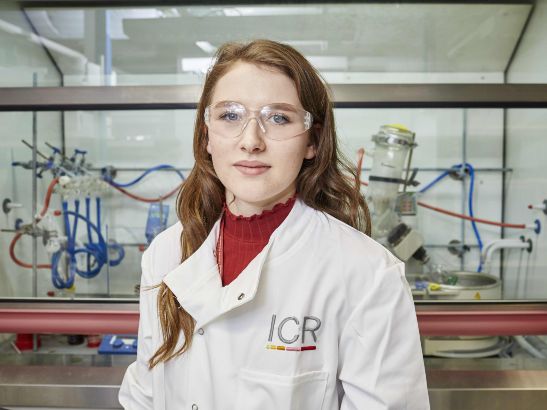
Kick-starting the ICR: an interview with PhD student Iona Black
As our #KickstartICR appeal draws to a close, we spoke to PhD student Iona Black about her research and the importance of fundraising for cancer research.
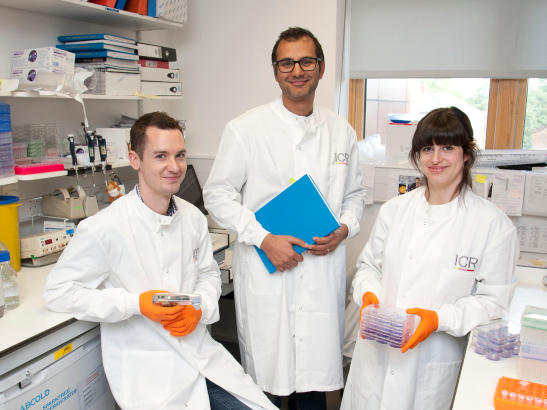
ICR research ranks in top five globally for academic influence, collaboration and commercial impact
The Institute of Cancer Research has again ranked among the top higher education institutions in the world for the impact of our research academically and commercially.
